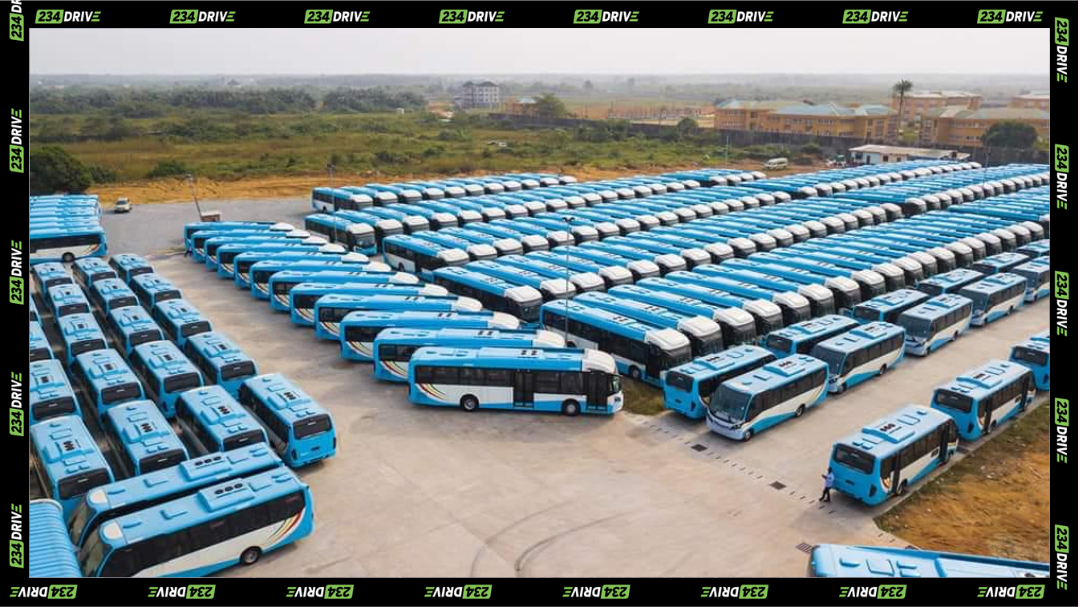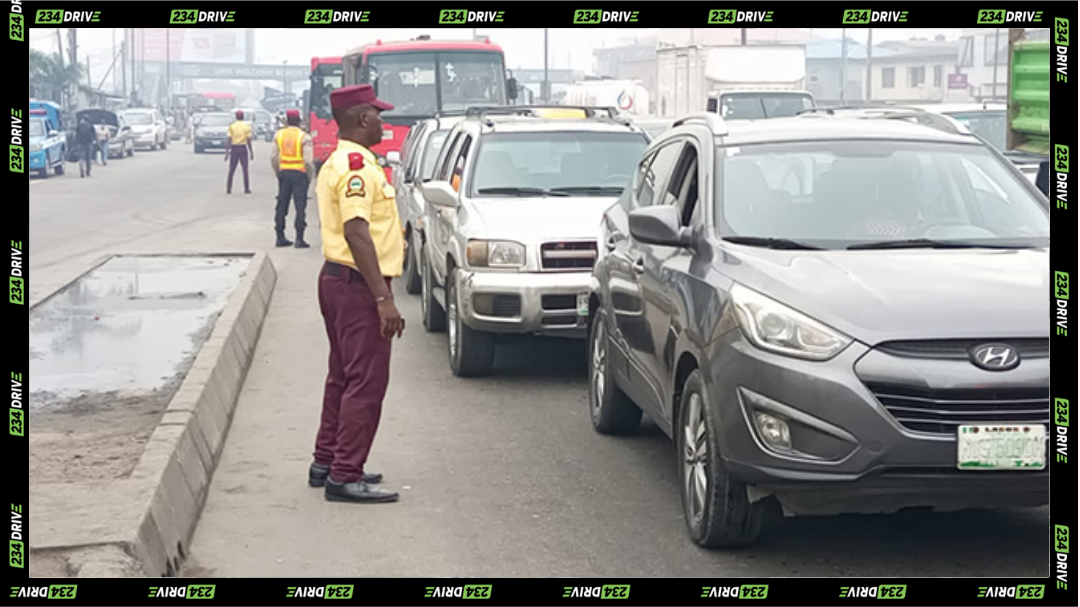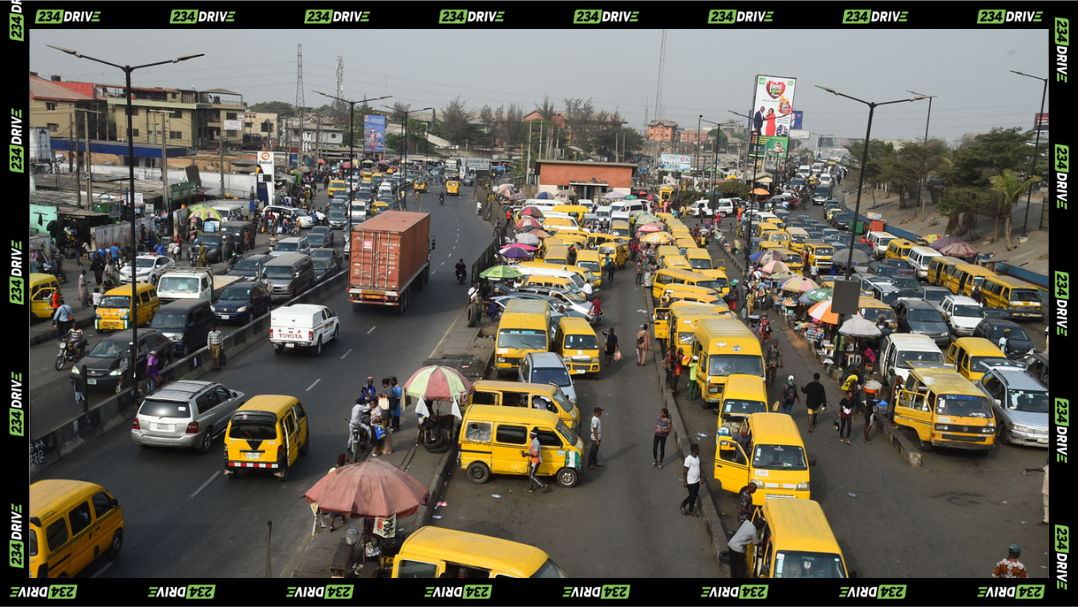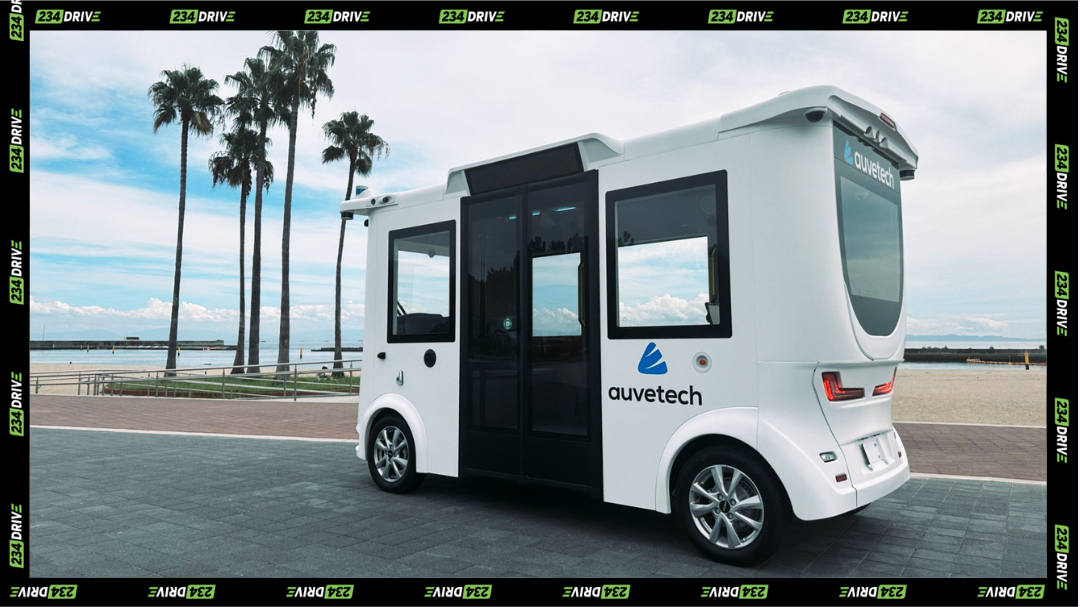Bolt’s electric tricycles are already on Lagos roads, marking a step in the city’s push against rising fuel costs and worsening pollution.
The pilot began in May with 25 vehicles, and the company plans to grow the fleet to 1,000 by the end of 2025. As Lagos explores bringing more electric options into public transport—from buses to last-mile rides—this rollout shows how private companies are helping drive the shift toward cleaner mobility.
Built locally by SGX Mobility, the tricycles use a lease-to-own scheme that lowers entry costs for drivers while offering eventual ownership. Their standout feature is a battery swap system: instead of waiting hours to recharge, drivers can exchange a depleted battery for a full one in minutes. A swap hub is already running in Surulere, with additional sites expected across the city.
The savings add up immediately: ₦6,500 a day for battery swaps versus roughly ₦13,000 spent for fueling the same vehicle. Bolt has also trimmed its commission to 15% for tricycle rides, while the vehicles themselves can reach 80 km/h and run for up to 12 hours.
Nigeria isn’t the first in Africa to test this path of integrating EVs in their public transport systems. In Nairobi, Bolt has worked with BasiGo and Ampersand on electric bike pilots. Rwanda has made EVs attractive through wide-ranging tax exemptions. Kampala, meanwhile, is seeing rapid fleet growth from startups like Spiro(electric bike), powered by venture capital. These strides reveal a consistent lesson: partnerships, financial support, and infrastructure matter as much as the vehicles themselves.
Lagos offers opportunity, but also risk. With only one swap station in place, the network is far from ready for scale. Nigeria has yet to match Rwanda’s clear incentives or Kenya’s structured pilots, and its unreliable energy grid makes expansion trickier still.
On top of this, drivers face challenges unique to Lagos’s informal transport economy: keke operators often pay daily fees at bus stops, navigate union levies, and contend with heavy-handed policing. These added costs and frictions can erode the savings that electric tricycles promise.
Even so, electric tricycles could improve access to affordable transport in underserved areas while offering drivers a more stable path to earnings and ownership. If the model succeeds, Lagos could become the springboard for wider EV adoption across Nigeria and West Africa, with Bolt leading the shift.
But first, a question for our Lagos readers: have you ever taken a ride in one of Bolt’s EV tricycles?










